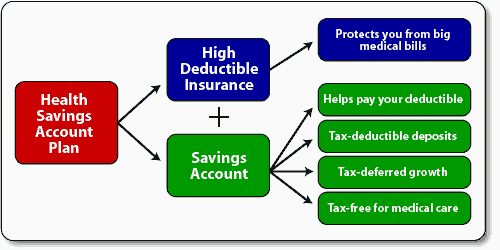Personal Banking
An Exchange Bank Certificate of Deposit is a great way to invest your savings in a low risk competitive interest rate product. Exchange Bank has a wide variety of CD Terms that can help you structure your investment in the most sensible way. Lock in your rate today for a safe and competitive return on your investment.
A Certificate of Deposit is similar to a savings account in that they are FDIC insured. They are different from savings accounts in that the CD has a specific, fixed term and a fixed interest rate. It is intended that the CD be held until maturity, at which time the money may be withdrawn with the accrued interest.
Investing in IRA’s is a fantastic way to “Feather your nest egg”. Exchange Bank offers competitive rates on IRAs to help you grow your retirement in a very low risk manner. IRAs often qualify individuals for a multitude of potential tax *incentives. It is never too early or too late to start saving for retirement. Our Traditional and Roth IRAs, both offer great tax *advantages. Let us help you pick the IRA that works best for you now and later. For help or questions regarding our IRA products please contact a Personal Banker are your local Exchange Bank branch.
*Consult your tax advisor regarding potential tax savings and deductions.
Traditional – Individual Retirement Account
The Traditional IRA offers two big advantages or incentives to encourage people to save for their retirement. First, Traditional IRA contributions are generally tax *deductible on an IRA holder’s tax return. Second, earnings on a Traditional IRA are not taxed until the IRA holder or beneficiary takes the money out. It is these accrued earnings, regular deposits, and the passage of time which combines to produce large account balances.
*Consult your tax advisor regarding potential tax savings and deductions.
Roth – Individual Retirement Account
The chief advantage of the Roth IRA is the ability to have investment earnings completely escape taxation. This advantage comes at a price. The Roth IRA provides no deduction for contributions, but instead provides a benefit that isn’t available for traditional retirement accounts: if you meet certain requirements, all earnings are tax *free when you or your beneficiary withdraw them. Other benefits include avoiding the early distribution penalty on certain withdrawals, and eliminating the need to take minimum distributions after age 70 1/2.
*Consult your tax advisor regarding potential tax savings and deductions.
Increasing health care costs are a reason many individuals, employers, and self-employed individuals find HSA-compatible HDHPs a viable option. You pay lower premiums for the HDHP (High-Deductible Health Plan), but higher deductibles. You (and/or your employer) fund your HSA to pay or reimburse qualified medical expenses not covered by your plan, and you still have protection against high or potentially catastrophic medical bills.
For a listing of current HSA program requirements and fees please contact a Personal Banker at your local Exchange Bank branch.
Benefits of an HSA
Savings Growth – Savings tool with investment growth.
Flexible – Pay current medical expenses or save for future needs.
Tax Savings – Tax deductible contributions, tax deferred earnings, tax free withdrawals (if used properly, consult your tax advisor).*
Ownership – HSA funds carry over from year to year.Portable – Your HSA stays with you, regardless of change in coverage or employment.
*Consult your tax advisor regarding potential tax savings and deductions.
What are Health Savings Accounts?
Health Savings Accounts, or HSAs, were created to combat rising medical costs by providing an incentive for more consumers to pay “first-dollar” medical expenses. HSAs are accounts that are designed exclusively for covering medical expenses incurred by the HSA account beneficiary and his or her dependent(s).
Who is Eligible for an HSA?
You are an eligible individual for any month if you:
Are covered under an HDHP on the first day of such month;
Are not also covered by any other health plan that is not an HDHP;
Are not enrolled for benefits under Medicare (generally not yet age 65);
Are not able to be claimed as a dependent on another Individual’s tax return.
Establishing an HSA
Purchase a qualifying high deductible health plan. The higher deductible, lower the premium, thus keeping more money in your own pocket.
Establish an HSA account with a qualified HSA custodian.
Set aside up to 100% of your health insurance deductible into the HSA up to the legal limits.
Use the money in your HSA account to pay for qualified medical expenses taken as you incur them, if you wish.
HSA Benefits – Qualified Medical Expenses
Actual Medical expenses, including doctor visits, prescriptions, transportation to get medical care, and dental care
Long Term care insurance
Healthcare coverage when unemployed
Certain continuation-of-benefit healthcare coverage
Certain health insurance after age 65
HSA Benefits – Tax Benefits
Contributions to HSA may be 100% deductible.
Interest Earnings accumulate tax-deferred, and if used for qualified medical expenses, are *tax-free.
If used for qualified medical expenses, HSA assets are not *taxed.
Unused HSA assets may be used for *retirement
Year-end account balances stay in your HSA account to be used for future years medical expenses.
HSA Benefits Diagram

*Consult your tax advisor regarding potential tax savings and deductions.


